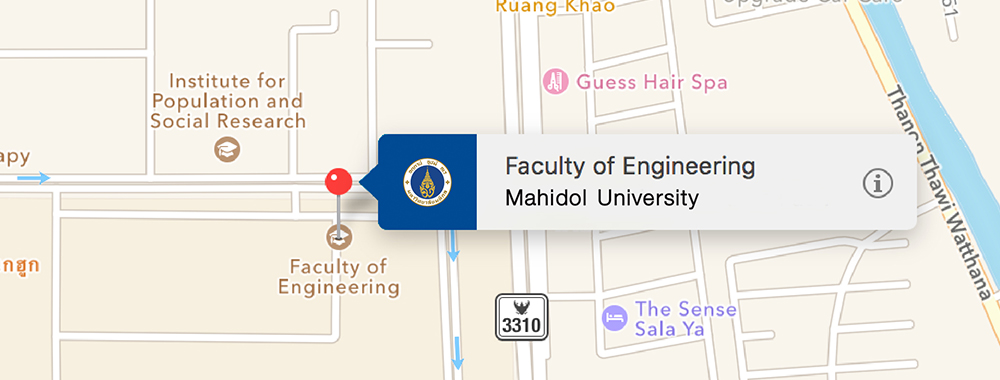Electrical Engineering
The Department of Electrical Engineering (EE) offers one Bachelor degree program and two Master degree programs. Our main goals are to provide students with the foundation for conducting innovative research and to develop a lifetime of learning and professional growth.
Programs
- Electrical Engineering
PEO 1: Graduates practice proficiently as professional electrical engineers in the field of electrical engineering, design analytics and related fields both in the private and public sectors as well as in academic and research centric careers.
PEO 2: Graduates pursue professional growth using their advanced problem solving skills in electrical engineering and through the pursue of graduate education.
PEO 3: Graduates apply interpersonal and communication skills to be productive members and leader of interdisciplinary teams.
PEO 4: Graduates compete effectively in the rapidly changing society with social responsibility through the process of lifelong learning.PEO 1: Graduates practice proficiently as professional electrical engineers in the field of electrical engineering, design analytics and related fields both in the private and public sectors as well as in academic and research centric careers.
PEO 2: Graduates pursue professional growth using their advanced problem solving skills in electrical engineering and through the pursue of graduate education.
PEO 3: Graduates apply interpersonal and communication skills to be productive members and leader of interdisciplinary teams.
PEO 4: Graduates compete effectively in the rapidly changing society with social responsibility through the process of lifelong learning.SO 1: An ability to identify, formulate, and solve complex engineering problems by applying principles of engineering, science, and mathematics.
SO 2: An ability to apply engineering design to produce solutions that meet specified needs with consideration of public health, safety, and welfare, as well as global, cultural, social, environmental, and economic factors.
SO 3: An ability to communicate effectively with a range of audiences.
SO 4: An ability to recognize ethical and professional responsibilities in engineering situations and make informed judgments, which must consider the impact of engineering solutions in global, economic, environmental, and societal contexts.
SO 5: An ability to function effectively on a team whose members together provide leadership, create a collaborative and inclusive environment, establish goals, plan tasks, and meet objectives.
SO 6: An ability to develop and conduct appropriate experimentation, analyze and interpret data, and use engineering judgment to draw conclusions.
SO 7: An ability to acquire and apply new knowledge as needed, using appropriate learning Strategies.Student Enrollment
Student Graduation*
Academic Year
No of student
Academic Year
No of student
% Graduation
2013
60
2016
49
81.67
2014
69
2017
54
78.26
2015
72
2018
66
91.67
2016
54
2019
49
90.74
2017
57
2020
47
82.46
2018
37
2021
36 (Expected)
97.30
Remark: *Drop out mostly from freshman students due to changing of area of interest.



